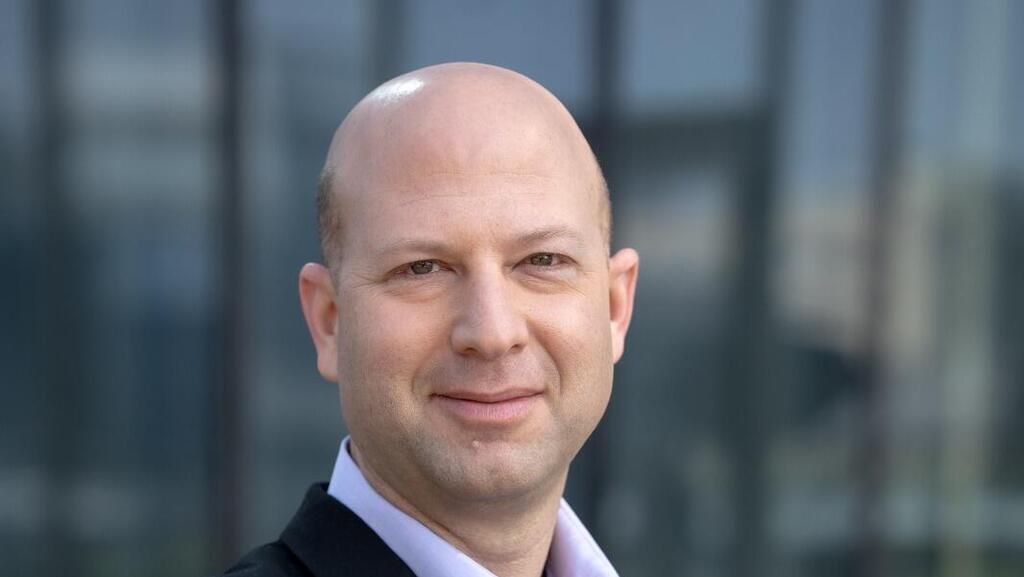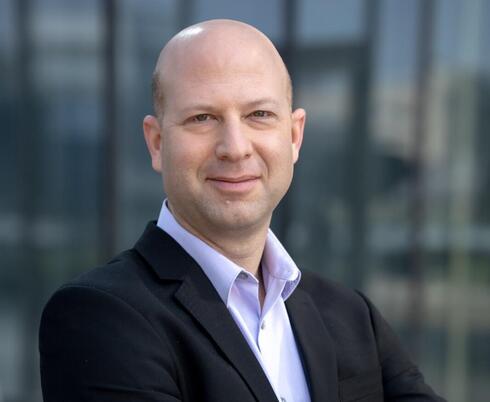
Opinion
The critical relationship between sustainability and cloud technology
“There is a need, almost critical, for cloud technology to prove its effectiveness even when it comes to preserving the environment and creating energy savings,” writes Lior Bialik of Commit
It's no secret that cloud technology has done wonders for the high-tech industry in general and the computing, storage and communication industries in particular. It is almost impossible to doubt its effectiveness, but at the beginning of 2023 there is a need, almost critical, for cloud technology to prove its effectiveness even when it comes to preserving the environment and creating energy savings, and this is indeed possible as detailed below.
Electricity prices are rising, and not only in Israel. This is a global phenomenon that results, among other things, from a critical shortage of coal and as a result - there is a worldwide need to develop energy saving solutions (such as using solar energy). At the same time, major international efforts to reduce carbon emissions in order to preserve the environment and slow down the rate of depletion of the ozone layer, push to reduce the use of coal-based energy and the use of industrial production methods that reduce greenhouse gas emissions.
How is cloud technology related to everything written above? Well, under the new buzz word that covers the subject - Cloud sustainability or Green Cloud - the global research company Gartner explains in one of its latest reports that "Using sustainable cloud technology means using cloud services to achieve as many sustainable benefits as possible in economic, environmental and social systems and this means operation, management and consumption of cloud services in a sustainable manner." A recent report by the consulting company Accenture explains that "consistent annual double-digit growth of data centers as sophisticated as possible (data centers or private cloud) has a heavy price: electricity consumption of those data centers is almost the same as the national consumption of a country the size of Spain."
Therefore, by implementing a "green cloud" policy, a trend is created that is getting stronger and stronger and according to which there is a transition from a private cloud (cloud services that are controlled by one company for its own needs and not shared with others) to a public cloud, (cloud services that are provided by third parties to all who require it on the public internet network and on a subscription basis). According to Accenture, such a transition could dramatically reduce the environmental impact equal to reducing carbon dioxide emissions by approximately 59 million tons per year, equivalent to taking 22 million cars off the road. More than that: switching to public cloud creates savings of up to 30%-40% in the total cost, among other things thanks to higher flexibility, higher utilization rates and more energy efficient infrastructures.
According to Gartner, by the year 2025 the degree of carbon emissions of the cloud service provider will be one of the three main criteria for choosing this or that provider, i.e not only the price or the added value it offers but how well it preserves the environment. "Leading infrastructure providers and cloud platforms are significantly increasing their focus on how they can improve their contribution to the environment," claims Gartner, which adds and emphasizes that the leading cloud service providers are aggressively investing in a sustainable cloud with the goal of reaching zero emissions within a decade or sooner. Therefore, Gartner's forecast speaks of a lot of innovation that will develop to help every company measure and reduce carbon emissions through the effective use of cloud services, similar to the tools that currently help optimize cloud costs.
Naturally, those who will probably lead the green revolution of cloud technologies are the three global providers: Amazon's AWS, Google's GCP and Microsoft. Amazon, for starters, is the world's number one consumer of renewable energy, including through its cloud services. Renewable energy is one of the most effective ways to reduce emissions immediately and Amazon is on its way to a goal of 100% renewable energy by 2025, five years ahead of the original time it set for itself. According to Amazon, when companies move from private to public cloud like AWS, they reduce carbon emissions by 88% because AWS data centers offer environmental economies of scale. Such companies reduce the volume of servers by 77% and the electricity costs by 84%.
Related articles:
The vision of GCP from Google is similar: Google, thanks to the technological innovation that characterizes all its activities, has built a collection of tools that help its customers accurately measure carbon emissions and those based on artificial intelligence and machine learning. "On average, a Google data center is two times more energy efficient than a typical data center and its computing power is five times what it was five years ago for the same amount of electricity - and we can improve the situation even more," claims Google. The vision of Microsoft, the last player among the top three, is similar to that of Amazon and Google.
And how does Israel fit into this trend? Quite a few Israeli companies, small and large, operate through the cloud services of Amazon/Google/Microsoft and at the same time - and no less important - as a startup nation, Israel has a great potential for innovation, as claimed by Gartner, which will help every company to measure and reduce carbon emissions through the effective use of services cloud. There are already at least dozens of Israeli startups that are labeled as "sustainable", meaning that they develop a product or service whose ultimate goal is zero emissions, and it is not impossible that the trend we described above will pave their way to success.
Lior Bialik is CIO and VP Cloud solutions at Commit
